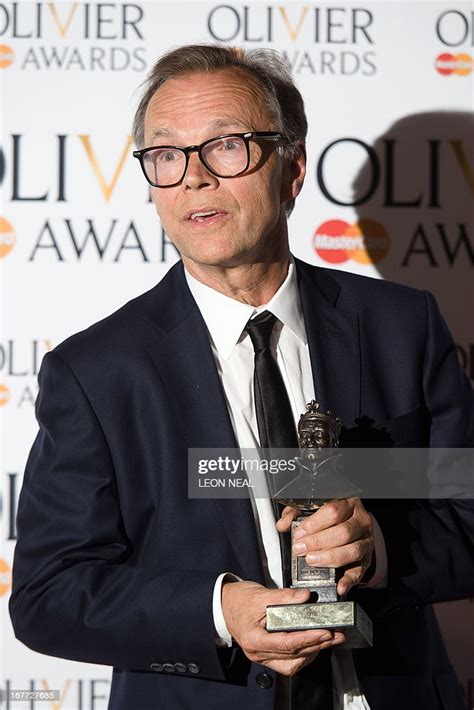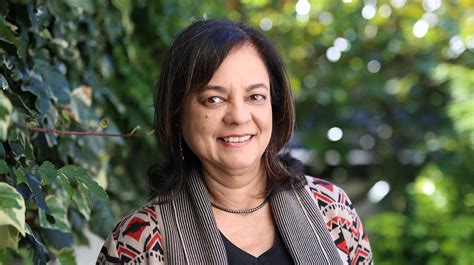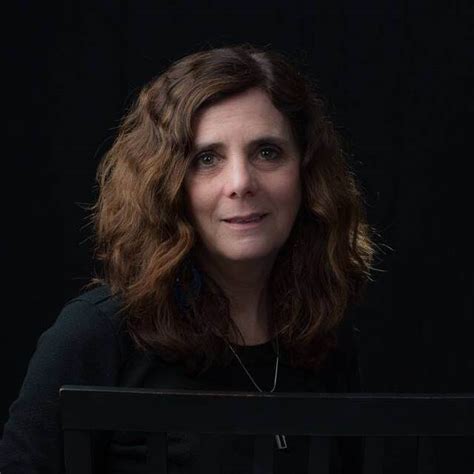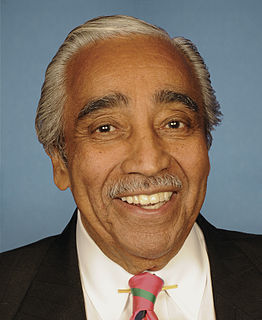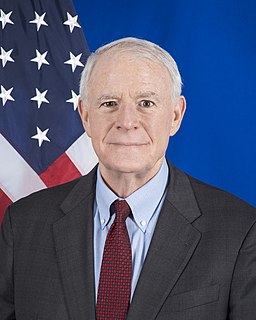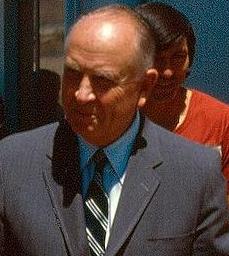A Quote by Anna Funder
At the end of our lives it is our loves we remember most, because they are what shaped us. We have grown to be who we are around them, as around a stake.
Related Quotes
Whether you interpret the Bible as literature or as the final word of whatever God may be, Christianity has given us an image of death and sexuality that we have based our culture around. A half-naked dead man hangs in most homes and around our necks, and we have just taken that for granted all of our lives.
When we're true to ourselves, we become instruments of truth for the planet. Because we're all connected, we touch the lives of everyone around us, who then affect others. Our only obligation is to be the love we are and allow our answers to come from within in the way that's most appropriate for us.
Food is such an important part of our lives, and sometimes we tend to diminish the importance of that, because we rely on conveniences or because our lives are so complicated. We forget about those moments that we can actually share around the table with our family, with our friends, with our loved ones.
We carry around in our heads these pictures of what our lives are supposed to look like, painted by the brush of out intentions. It's the great, deep secret of humanity that in the end none of our lives look the way we thought they would. As much as we wish to believe otherwise, most of life is a reaction to circumstances.
Throughout our lives friends enclose us like pairs of parentheses. They shift our boundaries; crater our terrain. They fume through the cracks of our tentative houses and parts of them always remain. Friendship asks the truth and wants the truth, hollows and fills, ages with us, and we through it. It cradles us like family. It is ecology and mystery and language - all three. Our grown-up friendships - especially the really meaningful ones- model for our children what we want them to have throughout their lives.
We all have a large stake in preserving our democracy, but I maintain that those without power in our society, the black, the brown, the poor of all colors, have the largest stake not because we have the most to lose, but because we have worked the hardest, and given the most, for what we have achieved.
As we live our human lives, let us be like the water. Let us be conscious of the flow. Let us not forget the great ground of being that draws us on through life. Let us live in a knowing hope, aware that all being is in transition, that all movement is back to the source. Let us treat those around us as reminders of our illusionary individuality. We know that they are us and we are them connected in ways we cannot fathom. Let us grow in compassion for all beings, for they share our journey.
It's so easy in life for us to receive blessings, many of them almost uncounted, and have things happen in our lives that can help change our lives, improve our lives, and bring the Spirit into our lives. But we sometimes take them for granted. How grateful we should be for the blessings that the gospel of Jesus Christ brings into our hearts and souls. I would remind all of you that if we're ever going to show gratitude properly to our Heavenly Father, we should do it with all of our heart, might, mind, and strength-because it was He who gave us life and breath
The night comes for the purpose of checking our busy employment, and introducing an interval of repose between the links of our action and our aspiration. It draws its dim curtain around the field of toil. It buries the objects of our handiwork in darkness, and involves them with uncertainty. It comes to the relief of the exhausted body and the tired brain. Our powers, harmonizing with the diurnal revolutions of the earth, fail with the failing light, and a merciful Providence casts around us this mantle of shadow, and snatches us from our occupation.
The rest-the vast majority, tens of thousands of days-are unremarkable, repetitive, even monotonous. We glide through them then instantly forget them. We tend not to think about this arithmetic when we look back on our lives. We remember the handful of Big Days and throw away the rest.
We organize our long, shapeless lives into tidy little stories...But our lives are mostly made up of junk, of ordinary, forgettable days, and 'The End' is never the end.
My work to me is more like what the Native Americans say: When we walk upon the earth, we always place our feet very carefully upon the ground, because we know the faces of our future generations are looking up at us from below, and we never forget them. I think as a culture today we've forgotten them. This work is a way to help us remember them. It's a way for us not only to find meaning in our individual lives, but to extend that approach all across the planet. Because if we don't, we won't have a planet.
We should probably start searching around a little earlier in our lives for what I call parallel activities, because most of us get entrenched in our careers. And, of necessity, we're earning a living, and it's taking our time, and we're building our résumé, and we want our résumé generally to be our proficiency within our field, because chances are we're going to be applying for another position within the field. So we tend to put off a lot of this sort of what I call parallel discovery until we're either very successful and have the time to do that, or more often until we're retired.

